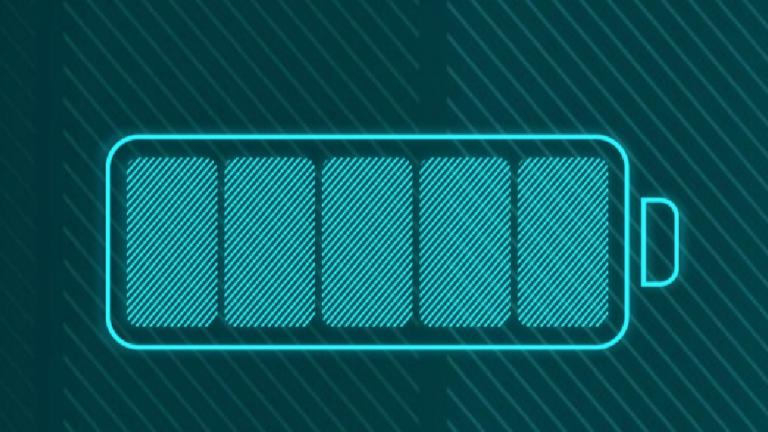Quantum simulation of materials, the key for future batteries
Volkswagen Group has established a multi-year research program with Canadian company Xanadu, specialized in quantum technology. Together they will develop algorithms to simulate the performance of battery materials.
Batteries are the heart, the most important component of any electric vehicle. The materials they are made of are critical in determining their performance -- range and charging speed above all -- and their cost. Research on the materials used to build batteries is a central issue in the automotive industry, and the Volkswagen Group has taken this a step further by launching a multi-year research program with the Canadian quantum technology company Xanadu.
The purpose of this partnership is to improve the performance of quantum algorithms that are used to simulate battery materials. The long-term goal is to reduce computational costs and accelerate the adoption of quantum computers in the Volkswagen Group.
Fault-tolerant computers
The next challenge facing the automotive industry is accurate and efficient simulation on materials for batteries. Fault-tolerant quantum computers, which are able to apply error correction schemes while minimizing them, will help in this. Traditional methods, such as density functional theory, have been the cornerstone of computational chemistry for several decades, but in battery research they are reaching their limits.
"With the NEW AUTO strategy, the Volkswagen Group enters new territory, especially with regard to the battery value chain and to some of its specific parts, such as next-generation high performance materials and electrochemical processes", explains Nikolai Ardey, Head of Volkswagen Group Innovation.
Materials Science
"Working together with cutting-edge companies like Xanadu means moving towards the next big step: quantum computing could revolutionize materials science and optimization, which are key competencies to grow our inhouse battery expertise", Ardey adds.
Over the last year, research by Volkswagen Group and Xanadu has focused on materials science, computational chemistry, battery technologies, and quantum algorithms, thus laying the foundation for long-term research activities, whose aim is to develop advanced quantum algorithms for simulating battery materials that will be processed on Xanadu’s next generation fault-tolerant quantum computers.
The first results of this collaboration, summarized in a scientific paper, highlights the first estimation of the resources required to implement a quantum algorithm dedicated to the simulation of dilithium iron silicate, which is a realistic cathode material.

Sustainable mobility
"Xanadu is opening new horizons for quantum computing hardware, software and algorithms. We want to make quantum computers truly useful. Focusing on batteries is a strategic choice, both because of automotive demands and the complexity of their chemical processes", explained Juan Miguel Arrazola, Head of Algorithms at Xanadu. "We are thrilled to be working with the Volkswagen Group on cutting-edge research and overcoming technical obstacles related to quantum algorithms".
The program will also investigate additional computational problems in materials discovery, an area where the potential of quantum computing is high. The partnership with Xanadu supports Volkswagen Group's larger objective to transform itself into a data and software-driven provider of sustainable mobility, but also to be a leader in battery development and quantum computing applications.
The Canadian vanguard
"The partnership with Xanadu is a great example of our commitment to innovative technologies, such as quantum computing, that can accelerate the path to 100% electric mobility while optimizing our processes", explains Arne-Christian Voigt, of the Volkswagen Group's Future Research team.
Last August, the Volkswagen Group and the Government of Canada signed a Memorandum of Understanding to promote e-mobility in the country. Opportunities will be explored with which Canada can contribute to the Group's global and regional battery supply chains. The Canadian government has been and continues to invest heavily in quantum technologies and has attracted the best talent globally, creating a quantum ecosystem and making Canada a leading nation in the field.
Source: Volkswagen Newsroom
VGI | Responsible OU: VP | Creation date: article date | Class 9.1
